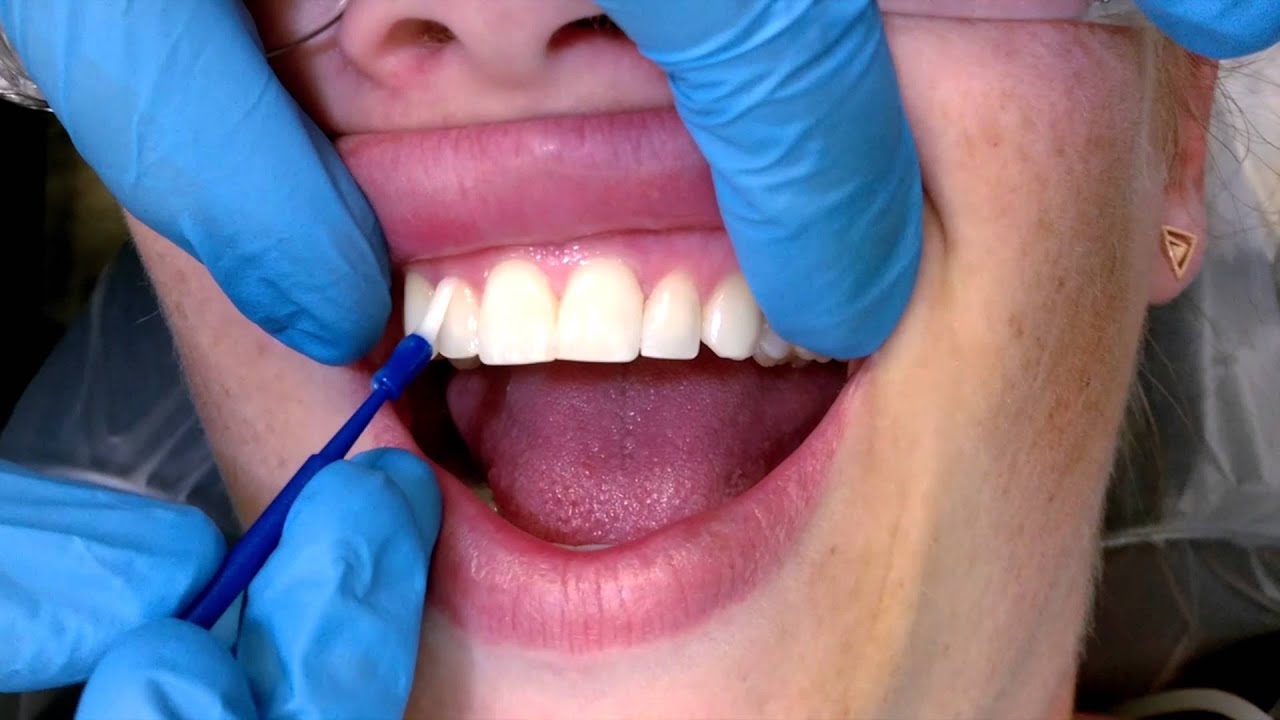
You’ve likely heard of wisdom teeth and seen videos of people after they have had them removed. But have you ever wondered what wisdom teeth are and when you need to have wisdom teeth removed? Here’s the lowdown on wisdom teeth.
Wisdom Teeth Don’t Make You Smarter
Wisdom teeth are the third and last set of molars to erupt. They begin forming around the age of 10 and typically show up in the back of the mouth in the late teens or early twenties; thus the name “wisdom teeth,” as people of this age are thought to be wiser. (Though some might argue that point.)
Wisdom teeth were a necessity for our ancestors. Our ancestors needed a big jaw and a lot of teeth to chew leaves, roots, raw meat, and other tough foods. Our diets are different now; we no longer need all of those teeth which is good since our jaw is smaller, and now we don’t have room for an extra set.
The number of wisdom teeth a person has can vary. Some people never get wisdom teeth. Some people can have them their whole lives with no problem. But many people do have a problem, and approximately 85% of wisdom teeth will need to be removed.

When Wisdom Teeth Go Wrong
Because human jaws are smaller, wisdom teeth can become blocked by the teeth that are already there. They can grow horizontally, at an angle, or outward. Wisdom teeth can damage surrounding teeth, the jawbone, or nerves. If the wisdom tooth partially erupts, it can be difficult to brush and floss the area. Food can get trapped in the gum tissue surrounding it, making it vulnerable to tooth decay and gum disease.
Impacted or infected wisdom teeth can cause pain, difficulty eating, and problems with the surrounding teeth and gums.
How to Know It’s Time to Get Your Wisdom Teeth Out
Regular dental visits and x-rays are the best way to know if it’s time to get your wisdom teeth out. If you experience any of these symptoms, it’s possible that your wisdom teeth aren’t growing in properly. Contact your dentist if you experience:
- Jaw pain and stiffness
- Pain at the tooth site
- Prolonged jaw ache or headache
- Unpleasant taste in the area
- Bad breath

Your dentist will likely recommend consulting with an oral surgeon to determine the need to have your wisdom teeth removed.
- Tags:
- Metal Braces